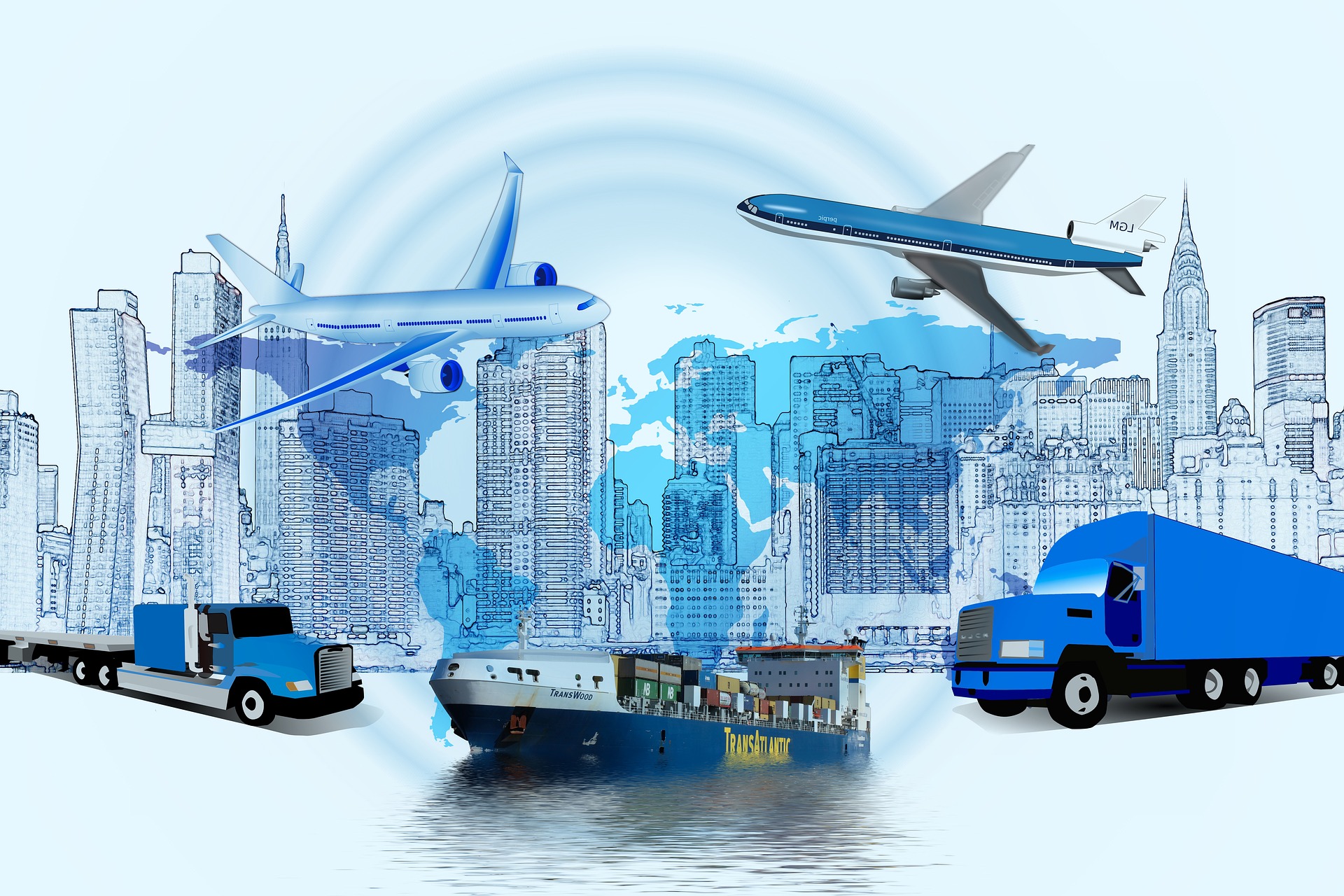Understanding Freight Services: Navigating the Backbone of Global Trade
Freight services form the backbone of global trade, facilitating the movement of goods across vast distances and complex supply chains. These services encompass a range of transportation methods, logistics solutions, and supply chain management techniques that enable businesses to efficiently move products from origin to destination. Whether you're a small business owner looking to ship products internationally or a large corporation managing a complex supply network, understanding freight services is crucial for optimizing your logistics operations.

The freight service industry operates on a vast scale, with numerous players involved in the process. These include freight forwarders, who act as intermediaries between shippers and carriers, arranging and coordinating shipments. Carriers, such as shipping lines, airlines, and trucking companies, are responsible for the actual transportation of goods. Customs brokers facilitate the clearance of international shipments through customs, ensuring compliance with import and export regulations.
What are the different types of freight services available?
Freight services can be broadly categorized based on the mode of transportation used:
-
Road Freight: This involves the transportation of goods by trucks and is ideal for shorter distances or domestic shipments. It offers flexibility and door-to-door delivery options.
-
Rail Freight: Suitable for moving large quantities of goods over long distances, rail freight is cost-effective and environmentally friendly for inland transportation.
-
Sea Freight: Also known as ocean freight, this is the most common method for international shipping. It’s cost-effective for large volumes but typically has longer transit times.
-
Air Freight: The fastest option for international shipping, air freight is ideal for time-sensitive or high-value goods but comes at a higher cost.
-
Intermodal Freight: This involves using multiple modes of transportation (e.g., truck and rail) to move goods, optimizing efficiency and cost-effectiveness.
How do freight services impact the supply chain?
Freight services play a crucial role in supply chain management, influencing everything from inventory levels to customer satisfaction. Efficient freight services can help businesses reduce transportation costs, minimize inventory holding costs, and improve order fulfillment times. By leveraging various freight options, companies can optimize their supply chains to meet specific needs, such as balancing speed and cost or managing seasonal demand fluctuations.
Moreover, the integration of technology in freight services has revolutionized supply chain visibility. Real-time tracking, digital documentation, and advanced analytics enable businesses to monitor shipments, predict delays, and make data-driven decisions to improve their logistics operations.
What factors influence the cost of freight services?
The cost of freight services can vary significantly based on several factors:
-
Distance: Longer distances generally result in higher costs.
-
Mode of Transport: Air freight is typically more expensive than sea or road freight.
-
Cargo Weight and Volume: Heavier or bulkier items cost more to ship.
-
Fuel Prices: Fluctuations in fuel costs directly impact freight rates.
-
Seasonality: Peak shipping seasons can lead to higher prices due to increased demand.
-
Special Handling Requirements: Fragile, hazardous, or temperature-sensitive goods may incur additional charges.
-
Customs Duties and Taxes: International shipments may be subject to various fees and tariffs.
| Service Type | Average Cost Range | Transit Time | Best For |
|---|---|---|---|
| Road Freight | $1.50 - $4.50 per mile | 1-7 days (domestic) | Short to medium distances, flexibility |
| Rail Freight | $0.03 - $0.11 per ton-mile | 3-7 days (domestic) | Large volumes, long distances |
| Sea Freight | $1,200 - $3,000 per container | 15-30 days (international) | Large volumes, cost-effective international shipping |
| Air Freight | $1.50 - $4.50 per kg | 1-3 days (international) | Time-sensitive, high-value goods |
Prices, rates, or cost estimates mentioned in this article are based on the latest available information but may change over time. Independent research is advised before making financial decisions.
How can businesses optimize their use of freight services?
To maximize the benefits of freight services, businesses can:
-
Consolidate Shipments: Combining multiple small shipments into larger ones can reduce costs.
-
Choose the Right Mode: Select the most appropriate transportation method based on urgency, cost, and cargo characteristics.
-
Negotiate Rates: For regular shipments, negotiating long-term contracts with carriers can lead to better rates.
-
Improve Packaging: Efficient packaging can reduce weight and volume, potentially lowering shipping costs.
-
Utilize Technology: Implement transportation management systems (TMS) to optimize route planning and carrier selection.
-
Consider Freight Forwarders: For complex or international shipments, freight forwarders can provide valuable expertise and potentially better rates.
Understanding and effectively utilizing freight services is essential for businesses operating in today’s global marketplace. By carefully considering the various options available and implementing strategies to optimize their use of freight services, companies can improve their supply chain efficiency, reduce costs, and enhance their competitive edge in the market.






